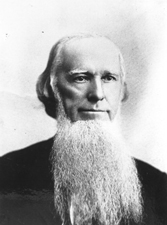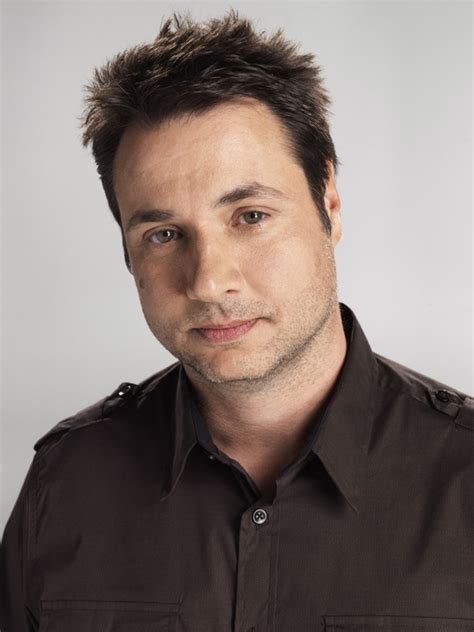A Quote by Evelyn Waugh
I am suing Lord Beaverbrook for libel and hope for some lovely tax-free money in damages. He has very conveniently told some lies about me.
Related Quotes
The power organisation of Israel gives what they can to fight me, to cause me some harm, damages in health, mind, and they succeed little bit, but I survived and I am now free, but it was very hard - a very difficult time - and I wish no one would suffer what I suffered, and then when I speak to you and try to be human being like everyone.
We have some of the most influential Members of Congress here today, and I do hope that we can get this appropriation for these day-care centers, which seems to me to be money very wisely spent, and also under consideration of the tax bill, that we can consider the needs of the working mothers, and both of these will be very helpful, and I would like to lobby in their behalf.
We're talking about should we increase taxes? Why not put a tax on carbon emissions. It would raise a lot of money, it would reduce the environmental damages in the future, it would solve so many problems, and it would be a much more constructive thing to do than to think about raising the income tax.
When they say all men are created equal, that bothers me. I told you some are thin, some are heavy, some have better eyesight than others. I don't know what that means. I think they're trying to talk about equal opportunity and I know that doesn't exist. If you don't have the money to go to college, the word 'equal opportunities' mean nothing
Each of these "houses of hope" had their own unique "ingredients" based on their inheritance, but I also saw some common ingredients that were shared by all: ... In conclusion, the Lord is saying, "Because of what has been loosed on the earth, angels are ascending and descending, as well as demons. My people must run into the house of hope! The river will take you there! This is not a fearful thing. Respond!" I am hearing the Lord giving this call to the nations. Don't be like Reuben in Judges 5, who couldn't decide, Do I go, do I stay? The Lord is shouting, "Run into that house of hope!"
The flat tax I got on my first meeting with Margaret Thatcher, who I admired very much and who was a great admirer of Milton Friedman. I met her first when I had been prime minister I think for some months and so on, and when I told her what I am planning to do, she looked at me with these big eyes and said: "You are one brave young man." And then a little bit introduced me on the realities of the Western world on which I was not very well informed. But I didn't stop.
I do not come into this pulpit hoping that perhaps somebody will of his own free will return to Christ. My hope lies in another quarter. I hope that my Master will lay hold of some of them and say, "You are mine, and you shall be mine. I claim you for myself." My hope arises from the freeness of grace, and not from the freedom of the will.


































